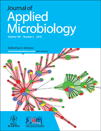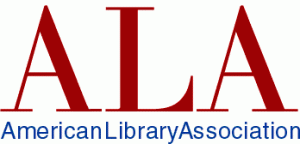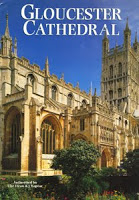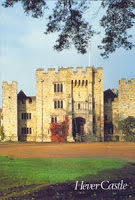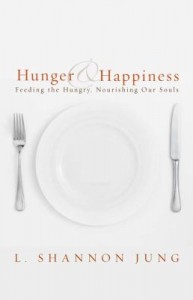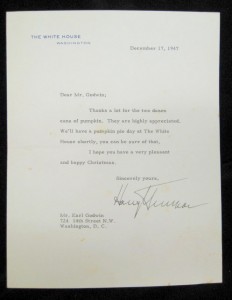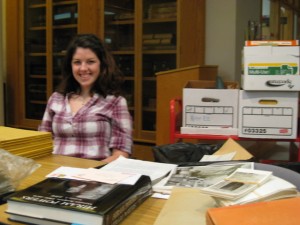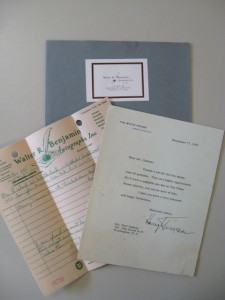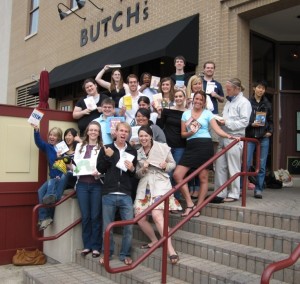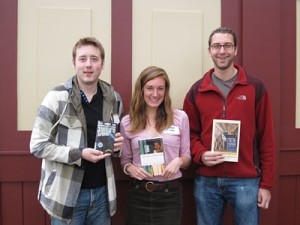When the annual Periodicals Price Survey 2010 appeared in the April issue of Library Journal, not much came as a surprise. Chemistry and Physics top the disciplines with the highest average price per journal; over 50% of publishers reported a 5-10% drop in print orders; and library directors were advised to expect a 6-8% increase in prices for 2011.
By and large we saw 5% price increases on our major journal packages with a couple of exceptions. Oxford University Press obviously thought it was not getting a big enough piece of the pie and increased our journal package price by 54%. Nature Group raised the ire of liberal arts colleges nationwide when they increased the price of a print subscription to Scientific American from $35 to $300. We have dropped our online access to Scientific American next year due to a 100% price increase for the online version. The University of California is considering a system-wide boycott of all Nature journals due to a proposed price increase of 400% in 2011.
In order to manage journal subscription prices in 2010 (in the face of a 2% budget reduction), the Hope College libraries undertook an aggressive review of journals in print. Print journal subscriptions were reduced from 614 titles to 399. Microfiche subscriptions were reduced from 127 titles to just 11. Eight-five journal subscriptions were dropped altogether and 130 were converted to electronic format. We reduced our “spend” with Elsevier by nearly $15,000, relying instead on our “purchase-on-demand” program. Some new e-journal packages were added, most notably a package of 45 nursing journals.
What’s The Big Deal?
As noted in the “Periodicals Price Survey 2010,” many libraries are re-evaluating the value of Big Deal journal packaging. Big Deal journal packages are a large bundle of titles, of varying relevance, offered for a single package price. One of the more disturbing trends amongst the Big Deal publishers is that of buy-outs and mergers of e-journal companies and bidding wars between companies to acquire significant titles. Big Deals at Hope include packages from the American Chemical Society, Blackwell, Cambridge, Duke, Wolters Kluwer, Oxford, Project Muse, Sage, Springer, and Wiley. This past year we saw Wiley acquire Blackwell, Nature acquire Scientific American, and Sage acquire important Association of Psychological Science journals from Wiley-Blackwell. The Sage Big Deal was perhaps the most upsetting as they offered new unsavory pricing models and less flexibility in their packages. As evidenced by the Nature Group’s response to the University of California’s request to negotiate, some publishers are simply going to play hardball.
Journals Are Essential
While it goes without saying that scholarly journals aren’t cheap, they are an essential component in supporting a liberal arts education, particularly at an institution like ours — heavily focused on faculty research and publishing and student-faculty collaborative scholarship. Our stats on e-journal use show that the Hope College community accessed over 100,000 electronic journal articles in 2008-2009. Our top twenty most used journals this past year were: Journal of the American Chemical Society, Ecology, Journal of Organic Chemistry, Journal of Marriage and the Family, Journal of Philosophy, American Literature, Hispania, Plant Physiology, Ethics, Reference & Research Book News, Psychology Today, PMLA, Philosophical Studies: An International Journal for Philosophy in the Analytic Tradition, Annals of the American Academy of Political and Social Science, JOPERD – The Journal of Physical Education Recreation & Dance, Journal of African History, Journal of the American Musicological Society, Journal of Advanced Nursing , American Historical Review, and Mind.
Preserving Our Investment
Over the past ten years, the library has spent over one million dollars on access to electronic journals. By and large these are subscriptions which allow access only as long as the library continues to pay. While extremely convenient for users, the e-journals market continues to be volatile, and prices continue to rise much faster than library budgets. As a way of protecting our investment in electronic journals, the library has joined Portico, a not-for-profit electronic archiving service. To date, over 8,200 journals and 4,600 e-books have been promised to the Portico archive. If a publisher goes out of business, there is a catastrophic event, or in many cases if the library can no longer afford to subscribe, Portico ensures we will retain access to the content we have already purchased.
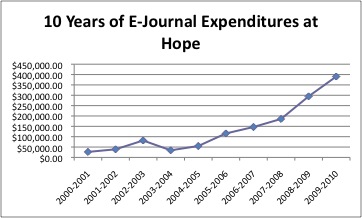
What Can Faculty Do?
Our community is not powerless in coping with the scholarly communication crisis — there are steps we can take. Our faculty are generating the scholarship that fuels the publishing of scholarly journals. According to the Hope College Faculty Bibliography, Hope faculty authored 375 articles between 2008 and 2010; 105 in STM journals. Yet by signing standard publisher agreements, faculty may have limited their ability to post their articles on their course web site or in an institutional repository. In the age of the Internet, when sharing has become easier than ever, they may be limiting their ability to share their work. Sharing not only enables new research to build on earlier findings and fuels the further advancement of knowledge, it brings scientists and scholars the recognition that advances their careers. Discussion about creating an institutional repository where faculty could make their work freely accessible was a major focus of the Library Committee this year. Stay tuned for that continuing conversation on campus in the coming year.
Here is what faculty can do:
1. Educate yourself about your rights as an author. View this short YouTube video on Author Rights, or read this brochure on Author Rights. If you are interested in retaining your rights an an author, a librarian can help you determine how to proceed. One way to get started is to use the Scholar’s Copyright Addendum Engine which will help you generate a PDF form that you can attach to a journal publisher’s copyright agreement to ensure that you retain certain rights. Librarians may also be able to help you determine what the publisher already allows by consulting the SHERPA/RoMEO database, which provides a summary of permissions that are normally given as part of each publisher’s copyright transfer agreement.
2. Consider publishing in an open access journal. Understandably, faculty want to publish in the highest quality high-prestige journals possible. However, many open access journals are of high quality (generating respectable impact factors) and are widely accepted. The ISI Web of Science database now includes over 450 open access journals. This week Springer announced that it is has partnered with BioMed Central to offer 12 new open access, peer-reviewed journals in science, technical, and medical fields. Because the library is a member of BioMed Central we receive a 15% discount off the article processing fees (BioMed Central’s standard article-processing charge is $1,485). The library will help offset the cost of article-processing charges if faculty choose to publish in a BioMed Central or PLoS journal.
3. Support open access legislation. On April 15, 2010, the Federal Research Public Access Act (HR 5037), known by its acronym (FRPAA) was again introduced into the House and is pending in the Senate. The bipartisan Federal Research Public Access bill would require that US Government agencies with annual extramural research expenditures over $100 million make electronic manuscripts of peer-reviewed journal articles that stem from their research freely available on the Internet. Presidents at 118 colleges and universities (including President Bultman) have endorsed the bill. You can support the bill by writing to your legislators via the Alliance for Taxpayer Access.
— Kelly Jacobsma, Director of Libraries
Work Cited:
Henderson, Kittie S. and Stephen Bosch. “Seeking the New Normal [ Periodicals Price Survey 2010]. Library Journal 15 April 2010. 36 – 40.
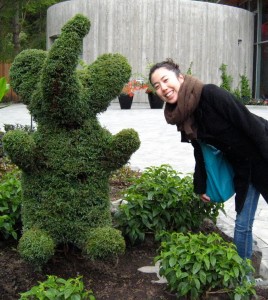 Van Wylen Library would like to welcome Christine Cho to the library faculty.
Van Wylen Library would like to welcome Christine Cho to the library faculty.


